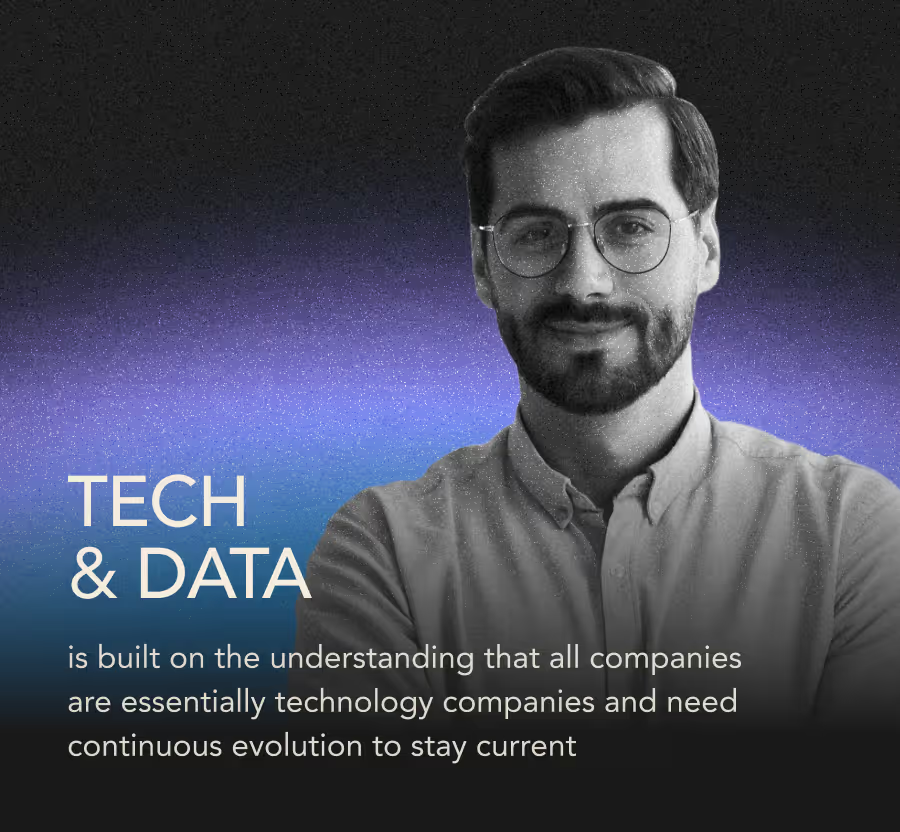70% of U.S. professionals receive training, but only half find it relevant
The Workforce Wishlist 2025: USA draws insights from 2,989 professionals across 40+ states to reveal the real state of workplace learning. Despite abundant training opportunities, most employees still struggle to find relevance, flexibility, and recognition in corporate skilling programs. This report explores where learning strategies are falling short, and what leaders can do to close the gap.
Inside the report you’ll find
- Why certifications alone no longer build capabilities that count.
- The growing gap between organizational priorities and learner demand.
- What role-specific, blended learning looks like in practice.
- How recognition, not just reward, drives skilling participation.
- The operational hurdles preventing meaningful learning outcomes.
Top 5 findings from the field
- Abundant certifications, limited relevance
While ~70% of surveyed professionals received workplace training, 41% report that learning is not tailored to their specific roles or goals—pushing nearly 80% to seek external skilling opportunities. - The practice–priority disconnect slows progress
Organizations focus heavily on power (65%) and leadership (~60%) skills, while employees want hands-on training in AI/ML, UX/UI, data science, and cybersecurity. The imbalance slows innovation and competitiveness. - Blended, role-specific formats win
Flexibility remains key: 55% prefer role-tailored programs, 58% opt for self-paced modules, and 43% still value in-person engagement. The most effective learning models blend digital content with live labs or clinics. - Career impact is the strongest motivator
80% want training reflected in performance reviews, and 40% expect it to influence promotions and pay. Skilling without career linkage risks losing learner motivation—and talent itself. - Logistical challenges block real outcomes
Scheduling conflicts and mismatched formats each affect 57% of learners. 40% cite irrelevant content and weak feedback loops, signalling the need for learner-first design and stronger manager enablement.
What top voices in this space have to say
"Well AI is here, taking jobs away. Markets uncertain. Getting jobs has never been more difficult. Generations after generations this has been the norm. Ours is no different except for the pace at which it is happening. Most courses I see on AI from the PM lens are well…not really useful. People are still stuck on prompt engineering where they are quite literally spending hours to go through basics, that was relevant 3 years back."
GenZ Co-Founder









